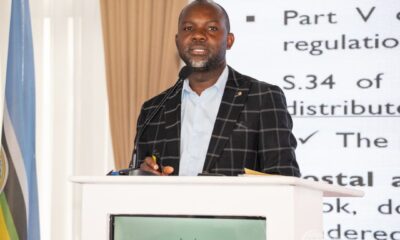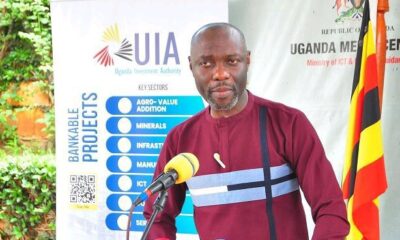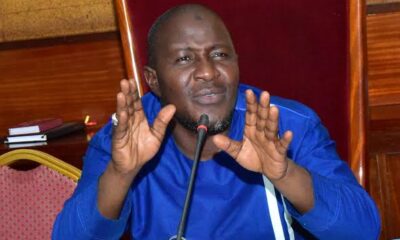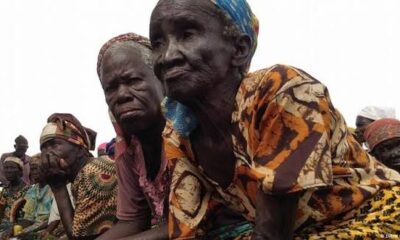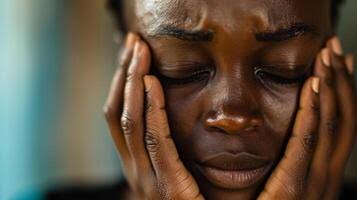Politics
“Opposition Supporters Who Feel Oppressed Under Museveni’s Gov’t Are Free To Pack Their Bags & Leave Uganda” Robinah Nabbanja Sets The Record Straight To The Likes Of Bobi Wine & The Rest
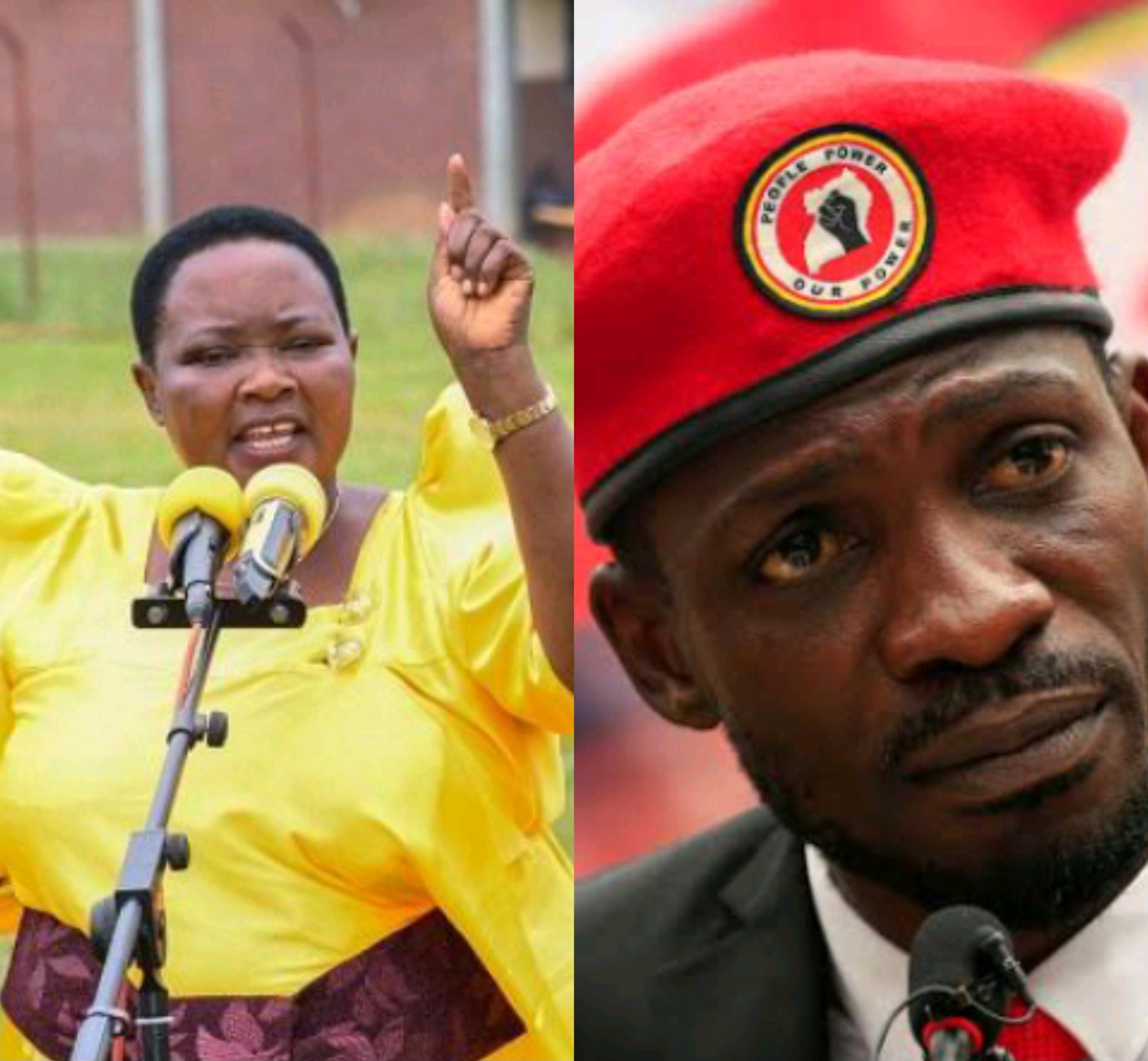
Uganda is currently experiencing renewed political controversy following remarks made by Prime Minister Robinah Nabbanja during an NTV interview. Speaking about opposition figures, including Robert Kyagulanyi, widely known as Bobi Wine, Nabbanja suggested that those who feel oppressed under President Museveni’s government are free to “pack their bags and leave Uganda.” Her comments, aimed at critics of the administration, immediately sparked widespread debate across the nation.

Many interpreted Nabbanja’s statement as dismissive of the struggles faced by opposition supporters and citizens who have endured political persecution. Critics argue that her words reflect an authoritarian approach, implying that dissenting voices are neither important nor welcome in Uganda. The remarks struck a nerve in a country where discussions about democracy, freedom of expression, and political rights remain highly sensitive.
Bobi Wine quickly responded on social media, condemning the Prime Minister’s comments. He accused the government of showing disregard for Ugandans who have suffered under its rule and reminded Nabbanja that Uganda belongs to all its citizens, irrespective of political affiliation. Kyagulanyi emphasized that no one should be told to leave their homeland simply for holding different views, citing a proverb to underline that rightful ownership cannot be dismissed because of a disagreement.

The exchange has brought ongoing tensions between the government and opposition into sharp focus. While Nabbanja’s remarks appeared intended to intimidate dissenters, they instead galvanized Bobi Wine and his supporters. Many citizens expressed support for the opposition, calling for a political environment where differing opinions can exist without fear of persecution.
International observers have also weighed in, warning that such comments could damage Uganda’s democratic reputation. Human rights groups have long criticized the country for limiting freedom of speech and suppressing political opposition, and Nabbanja’s statement is seen as reinforcing these concerns. Analysts caution that dismissing dissent as irrelevant may deepen political divides rather than resolve them.

Meanwhile, ordinary Ugandans have voiced their opinions on social media and local forums, expressing frustration over political intolerance. Many argue that a healthy democracy requires dialogue and respect for differing viewpoints. Citizens stressed that telling people to leave their country due to political disagreements undermines national unity and the sense of shared citizenship.
The incident raises critical questions about Uganda’s political trajectory. Will opposition voices continue to challenge the government, or will dismissive remarks push them further into the margins? Despite the risks, Bobi Wine and his supporters remain resolute, insisting that Ugandans will not be silenced or forced from their homeland. The political struggle in Uganda is ongoing, and the debate sparked by Nabbanja’s words highlights the enduring fight for democratic principles in the country.

